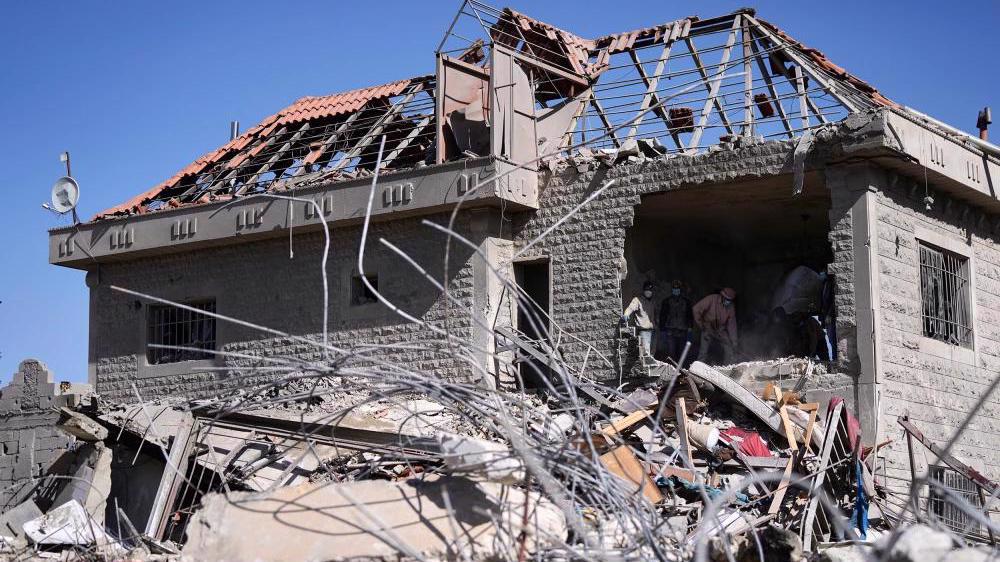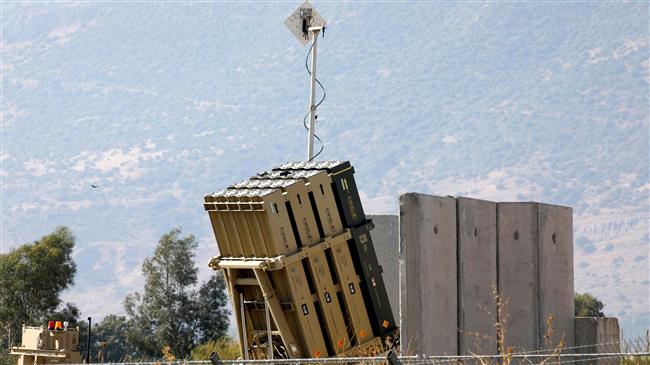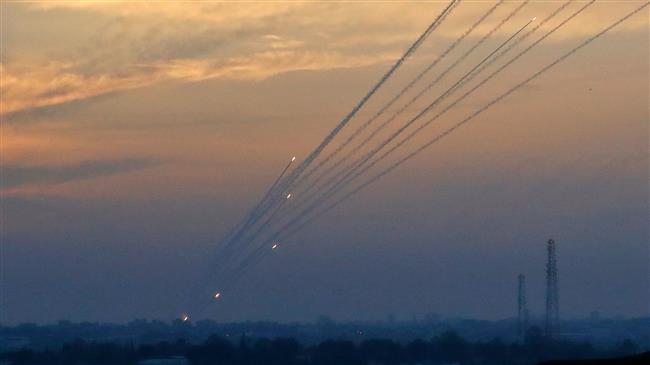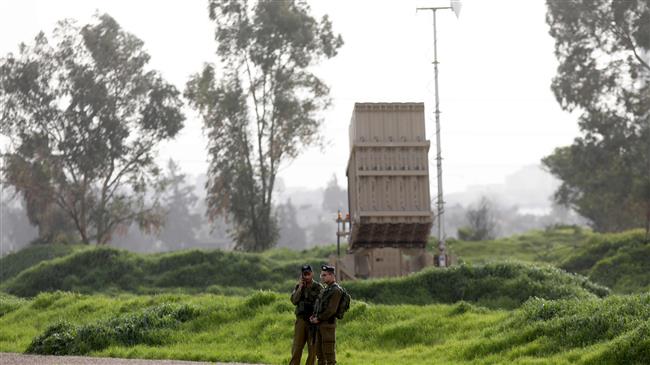Israel’s Iron Dome missile system causing cancer among soldiers, finds report
A group of Israeli soldiers, who served at the battery units of the Iron Dome mobile missile system and who became ill with cancer, say there is a connection between the anti-missile armament and their ailment.
At least 10 Israeli soldiers, in their 20s and 30s, said at the end of their military service or after they were discharged that they had developed cancer following their stint with the Iron Dome unit, according to an investigative report by the Hebrew-language Yedioth Ahronoth daily newspaper.
They called the radar box of the Iron Dome system, which intercepts short-range missiles, “the toaster.”
“When you are near the radar box, you feel your whole body boiling on the inside,” Yonatan Haimovitz, 31, who served for two years in the Israeli air force before being re-stationed to an Iron Dome battery, said.
“You imagine this is how food feels inside a microwave. You feel the heat waves,” he added.
At the age of 22, doctors discovered that Haimovitz had a tumor.
“It was a lump in my neck about that size of a ping pong ball sitting on the main artery and stopping blood flow. I went through chemotherapy and radiation treatment," he said.
“They never equipped us against the radiation,” Shir Tahar, who was diagnosed with leukemia ten months after finishing her military service, said.
“A friend of mine, who had also served at a battery, came to visit me while I was in the hospital and told me he was also sick,” she said.
“He told me that he knew of other people who also got cancer and that something unusual was going on. I didn't listen to him too much, I didn't think it had anything to do with the army. A year later, his cancer came back and he passed away,” Tahar noted.
Many of the soldiers have already filed lawsuits against Israel’s ministry of military affairs, while others say they are too weak to fight it.
The Israeli army has denied any connection between their service at the Iron Dome and contracting cancer.
Ran Mazor, who served in an Iron Dome unit, said he suffered from constant leg and back pain during his service for which members of his unit called him a "crybaby."
He was later diagnosed with bone cancer which he says was caused by the system's radar box.
After Mazor was discharged from the military, he had to cut short a trip abroad after he became unable to cope with the pain any longer. An oncological orthopedist found that Mazor had a cancerous tumor which was later removed by surgery.
“The number of people who got cancer and served at Iron Dome batteries requires an examination. The generals can take all the credit for their success, but what about taking responsibility for the soldiers? Who will take care of us?” he said.
Earlier this month, a former Israeli military official confessed that the Iron Dome missile system is unreliable and will not protect the occupied territories from missiles launched by Palestinian resistance groups.
Yossi Langotsky, a retired Israeli colonel, told the Hebrew-language Israeli newspaper Maariv on April 18 that the Iron Dome is not reliable as previous wars on the besieged Gaza Strip have proven the failure of the system in repelling Palestinian rockets.
Langotsky stressed that the Iron Dome would only afford “partial and limited” protection against rockets fired by the Palestinian resistance movement Hamas and Lebanon’s Hezbollah in any future war.
“Israel should not depend on one defense system in any future war because the rockets would be able to cause harm to strategic Israeli facilities," Langotsky added.
The highly-publicized Iron Dome has been co-developed by the American company Raytheon and Israeli firm Rafael. It is partly manufactured in the United States.
The Iron Dome is claimed to be capable of detecting, assessing and intercepting a variety of shorter-range targets such as rockets, artillery and mortars.
The anti-missile project was originally developed to counter small rockets that Hamas and other Palestinian resistance groups fired into the occupied territories in retaliation for Israel’s crimes against the Palestinians.
The Israeli missile system has proven largely ineffective in serving that purpose.
Iran’s layered arsenal primed to deter – and decimate – US warships in Persian Gulf
Iranian commander dismisses US military buildup in West Asia as ‘theatrical gesture’
Trump ‘curious’ why Iran hasn’t ‘capitulated’ despite massive US military buildup: Witkoff
Hawkish US senator pushes Trump to ignore aides, press ahead with war against Iran
Far-right, anti-Islam protest sparks counter-protests in Manchester
Press TV's news headlines
Sudan’s mining sector suffers $7 billion loss amid ongoing civil war
Ansarullah slams Israel’s massacre in east Lebanon, urges unified Arab action




















 This makes it easy to access the Press TV website
This makes it easy to access the Press TV website